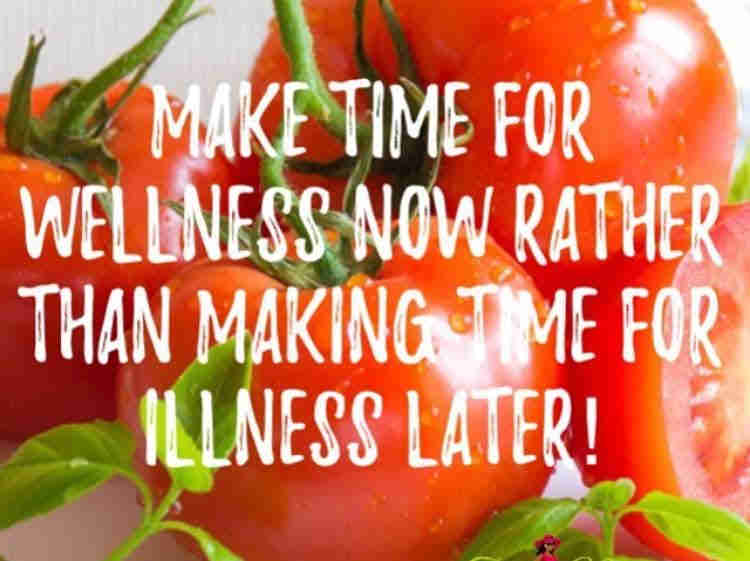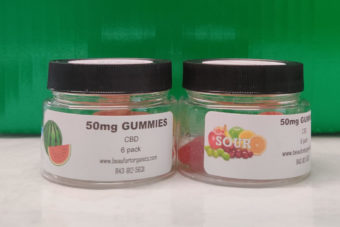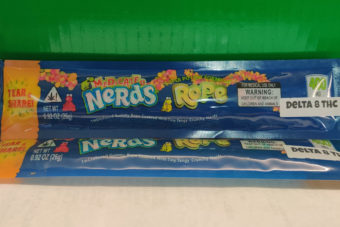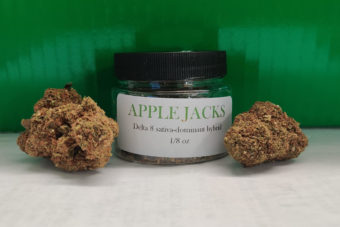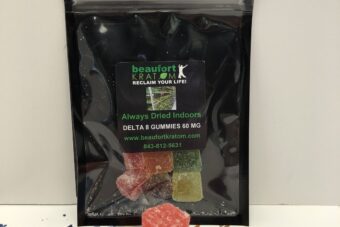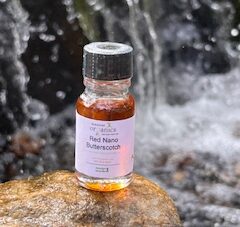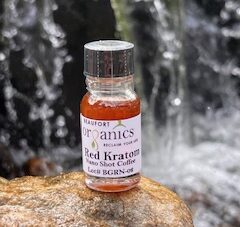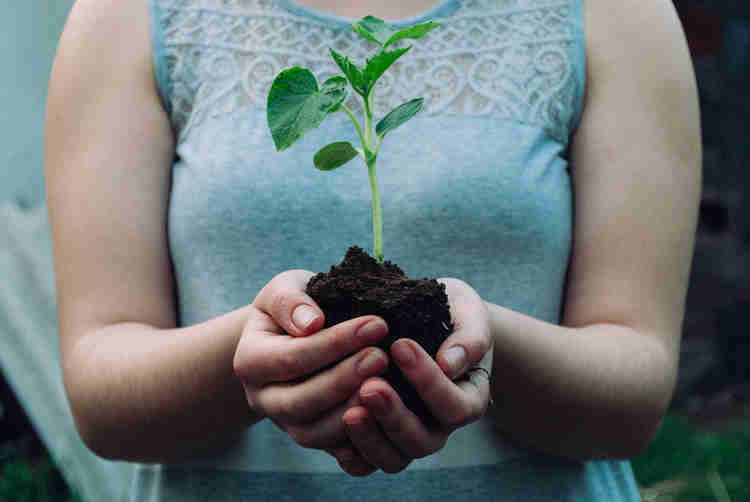
 by b-organics-admin
by b-organics-admin- Uncategorized
- March 13, 2020
- 1,102
- 0
Everyone these days wants a kratom tree. Personally, I have three at home but one of them, the tallest of the three -who is named Ragnar after the hero of the History channel show Vikings – is looking rather sickly these days.
My other two kratom trees are named Lagertha and Ivar. Ivar, like Ragnar’s son on the show, is a cripple. So, too is my tree named after Ivar, because I accidentally cut his head off one day and now he grows sideways! But he’s actually the healthiest of the three trees, believe it or not!
I learned the hard way about soil when I accidentally transplanted one of my kratom trees into Miracle Grow soil and I burned most of the leaves off. I ended up saving the tree by switching to Fox Farm soil and coconut coir with a small amount of perlite and peat moss. The kratom trees seem to really love this mixture the most.
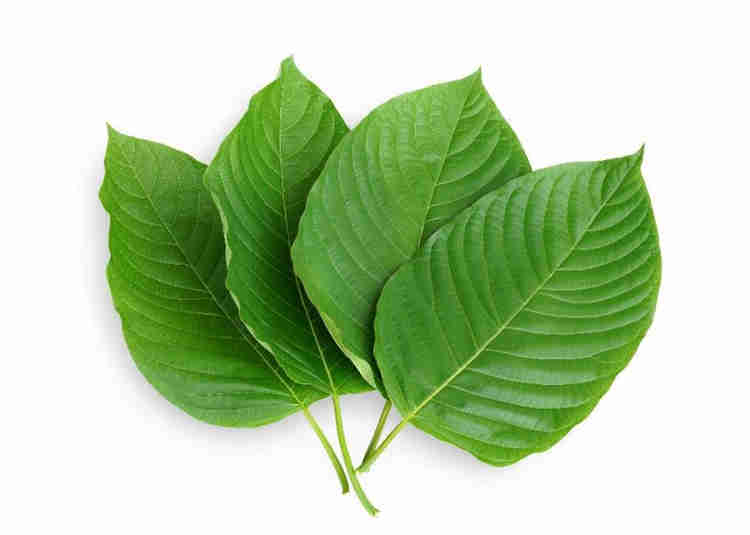
But what about other uses of soil? Have you ever considered how soil affects the food you buy at the supermarket? After all, the cost of food is rising – like housing prices – exponentially it seems. So, growing your own could be a potential solution, if you know how to manage soil correctly so you don’t lose your crops. In addition to this, knowing how the produce you choose is grown can make a huge difference as I have discussed before.
Food that is heavily doused in RoundUp (Glyphosate) has been shown to cause cancer as more and more people are suing Monsanto for putting them at risk.
Just last May, Reuters reported that, “A California jury awarded more than $2 billion to a couple who claimed Bayer AG’s glyphosate-based Roundup weed killer caused their cancer, in the largest U.S. jury verdict to date against the company in litigation over the weed killer.”
Glyphosate is suspected to be linked to fibromyalgia, as well as a whole host of other chronic inflammatory conditions which many chronic pain sufferers don’t know anything about. It is in fact hypothesized that depression could be caused by inflammation.
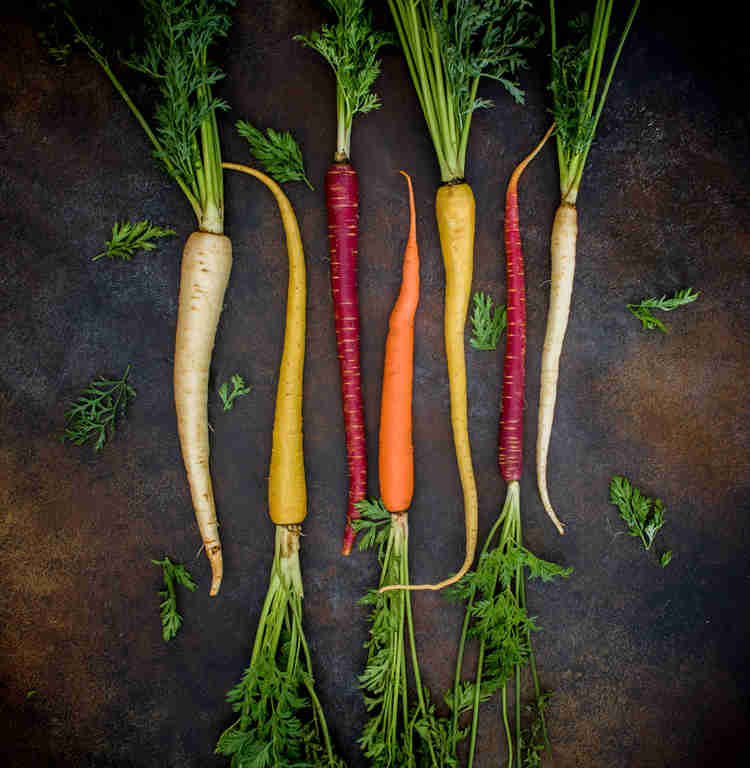
“The way we produce food has changed a lot over the last 50 years or so. Farmers now grow produce using increasing amounts of chemicals. And that has negative consequences on the nutritional value of the produce. One particular herbicide, glyphosate, could be especially troubling for fibromyalgia sufferers.The inconvenient truth is that glyphosate blocks a plant’s ability to absorb manganese from the soil. Research shows that fibromyalgia sufferers often lack manganese. Without manganese, your MnSOD enzymes can’t neutralize superoxide radicals. Remember, the cells that need to produce the most energy are your brain and muscle cells. So when MnSOD isn’t working effectively, they produce the most free radicals. And these are the two areas where most fibromyalgia symptoms occur. In fact, elevated oxidative stress and increased inflammatory cytokine production are proximate causes for the chronic pain of fibromyalgia. The ultimate cause here is a lack of manganese and other nutrients,” warns Lara Pizzorno, MDIV, MA, LMT.
In order to ease inflammation caused by conventional produce’s low nutritional value and to potentially ease symptoms and prevent future flares, please make sure you avoid conventionally grown, manganese-deficient foods! Eat organically grown, whole, unprocessed food wherever possible. And add a good collagen supplement to your diet as well as supplementing with plants such as moringa and spirulina.
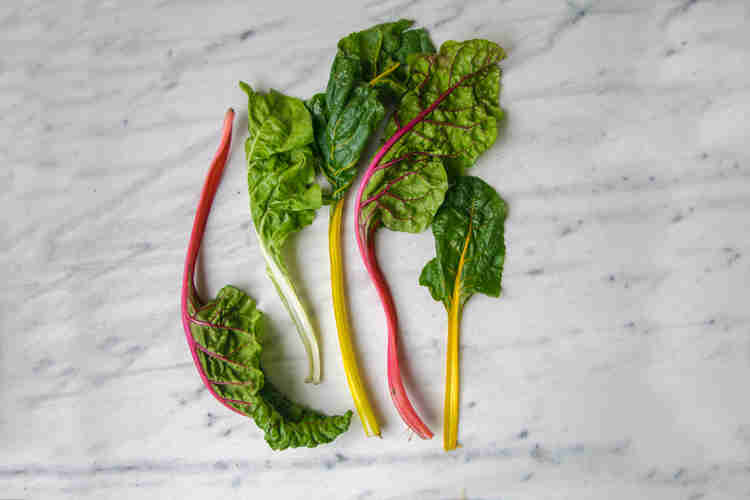
And finally, a word about how soil impacts the environment we live in: “Beyond our personal health, the environmental impacts of all forms of agriculture are massive. But conventional agriculture that uses synthetic fertilizers and pesticides is not sustainable and can cause huge impacts in degrading the land and fouling nearby waterways. Synthetic fertilizers are made from natural gas, a non-renewable resource, and they tend to acidify and thus harm soils over time. They also are more likely than organic fertilizers to run-off from fields and wash into rivers and bays, and also to leach into groundwater. Once these nutrients reach our bays and bayous they fuel the explosive growth of tiny algae that cause tremendous harm to fish, shrimp, submerged plants, and other aquatic life,” says Christian Wagley, an environmental advocate with a Masters in Biology who is passionate about educating folks on how soil quality affects all life.
So remember, what goes in our bodies has a huge impact on our immune system and on the level of pain we experience in chronic pain. One of the best ways to minimize flares, especially during stressful times, is to choose organic.
